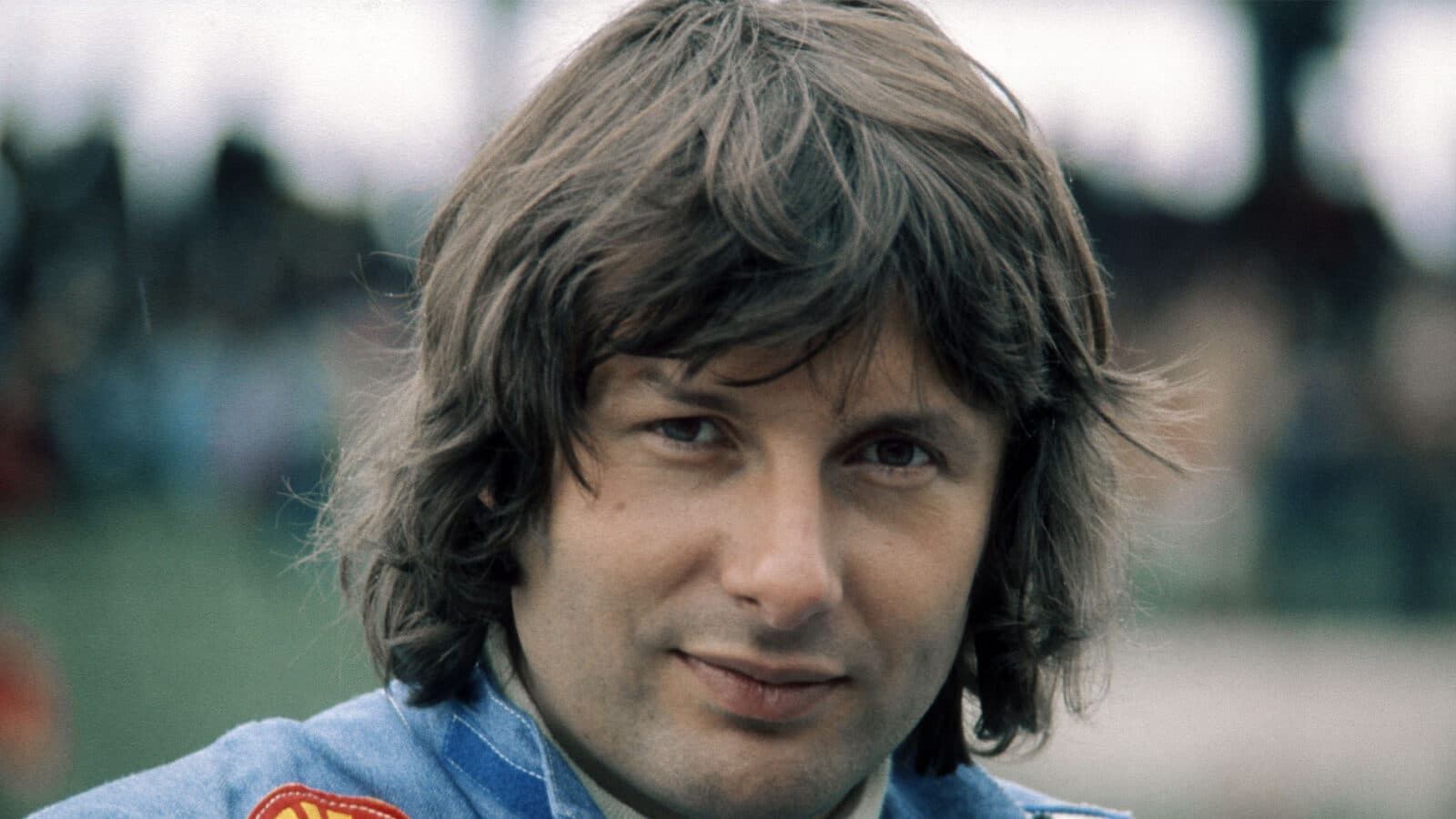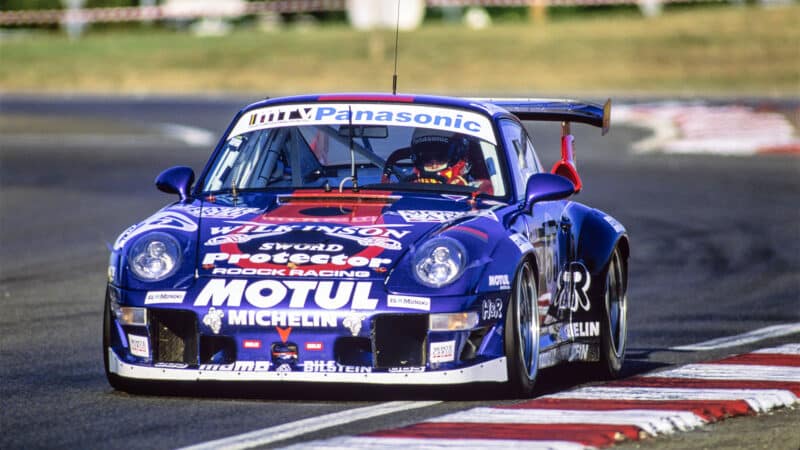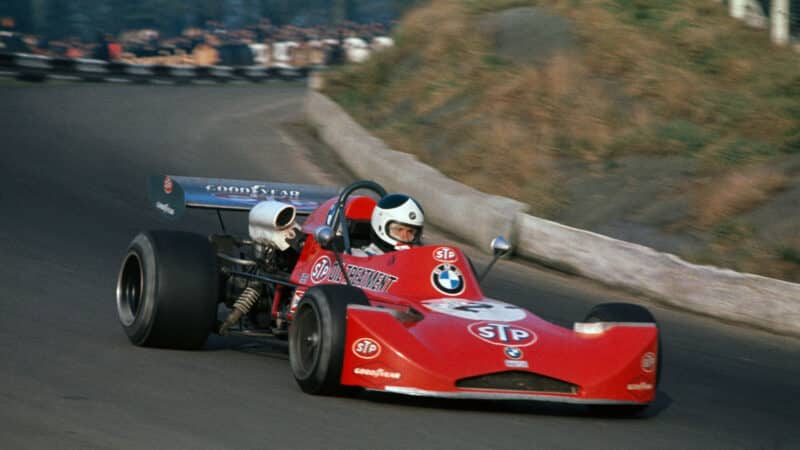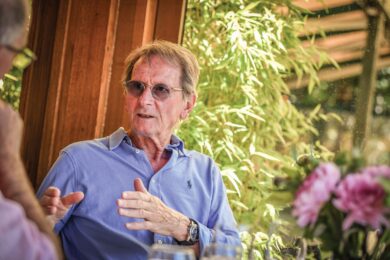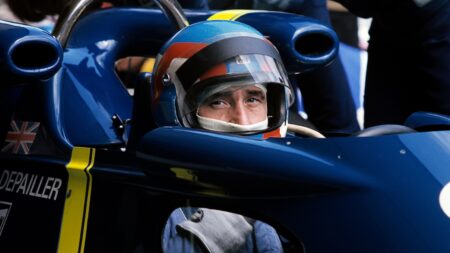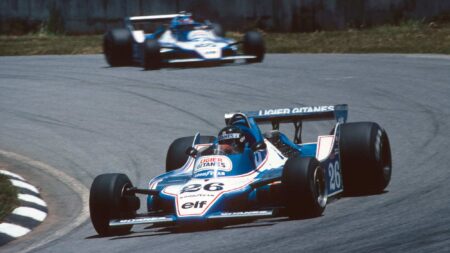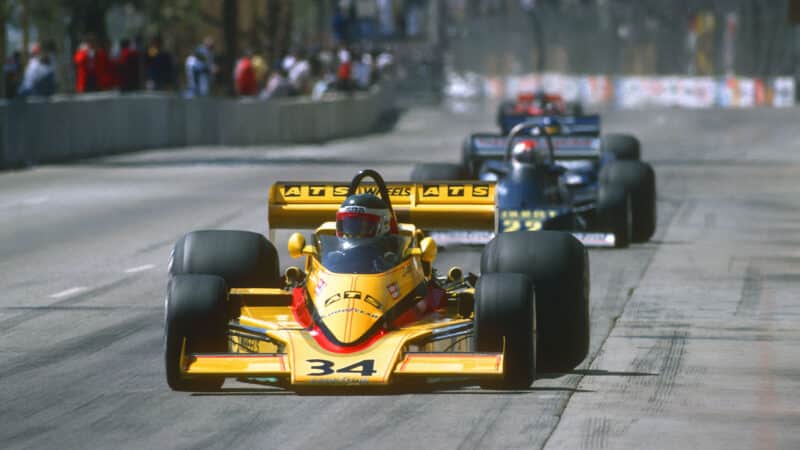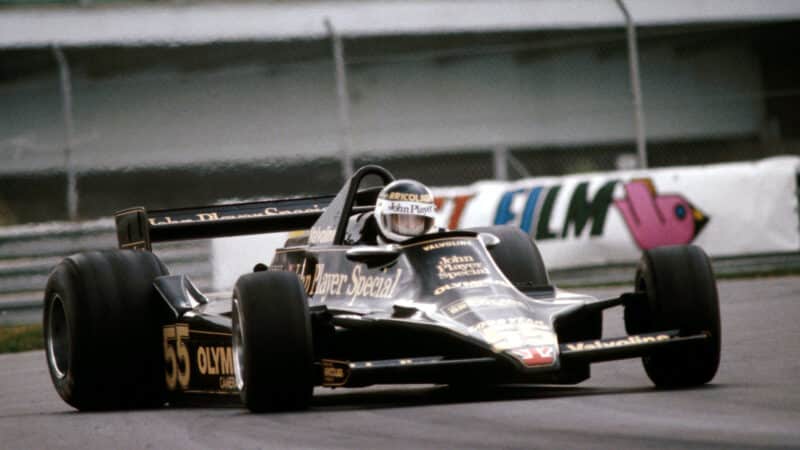“He had the most fantastic feel for a car,” Knight says of Jarier, “but he would insist on indulging in it; he would come through the first corner – which at the time was a fast right-hander with trees and hedges to the side – in a heart-stopping manner. We hadn’t been going long at the time, but we’d already seen some horrific accidents because of the pressure people put themselves under because of the prize [a paid-for season of Formula France] that was on offer. I remember taking him to one side and saying, ‘It’s obvious you’re bloody fast, but it would be incredibly helpful if you would drive in a way that isn’t going to give us a whole load of grief from the other guys on the course’. We felt he had enough ability not to have to do this in front of everyone. But he just didn’t see where we were coming from at all and continued to do it. So in the end, yes, we kicked him out.
“Jean-Pierre just didn’t seem capable of doing anything other than in his own way, 100%. What we saw, I think everyone saw. The French have that wonderful saying c’etait plus fort que lui – he just couldn’t help himself. That was how he was, that was how he did it, and he really couldn’t understand what anyone else was tying to tell him. I think that got in his way all the way through his career.
“He didn’t achieve what he should have. But to get as far as he did was absolutely amazing, really, and testimony to nothing more than that amazing talent, because everything else about him mitigated against him making it. It was quite a flaw. The very good guys tend to play to their strengths, and either work on their weaknesses or move away from them. He didn’t seem to do that, and yet he achieved what he achieved. And that was quite phenomenal. I just thought he was massively gifted – but with this very frustrating blind spot.”
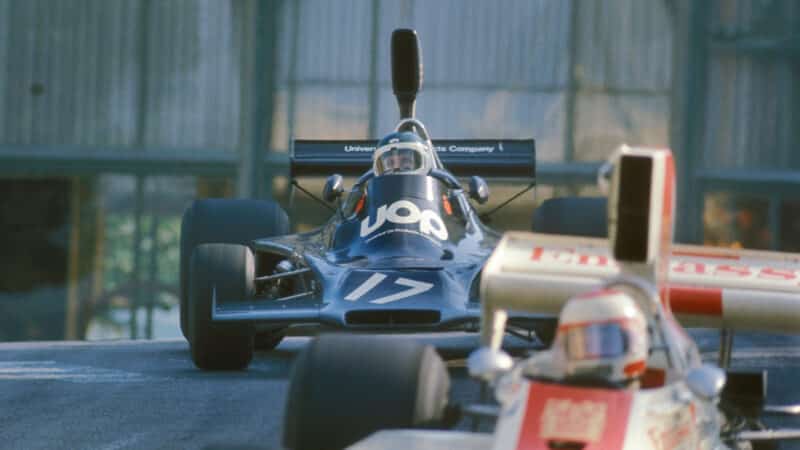
Jarier could have won Monaco ’74 for Shadow with better luck
Grand Prix Photo
The racing course came in between Jean-Pierre’s activities as a law student at university, and a motor sport reporter for Echappment. His interests were always diverse, more so than his financial circumstances really allowed for. Raised by a doting mother and grandmother who ran a hotel and restaurant in the Paris suburbs, he was indulged by the former to the extent that he persuaded her to sell her existing road car and buy instead a Renault 8 Gordini. With this, he took part in a one-make race series in 1967, a couple of years after his Winfield disappointment. He’d previously tried his hand at bike racing at Montlhery, leading all three races and winning one.
“I then met a man, Marcel Arnold, who had a big Paris furniture business. He was already helping Jean-Pierre Jaussaud and then he began to help me,” explains Jarier of the vital early benefactor who got his career on track. It’s easy to imagine how Jarier’s outgoing personality smoothed this rocky road. Everyone who’s ever worked with him attests to his charm, and he relates his story today with great humour, pausing to laugh – sometimes at his own expense, sometimes at the startling nature of his talent, at feats he seems to feel were almost nothing to do with him, so easy did they come. Can a man be too gifted for his own good?
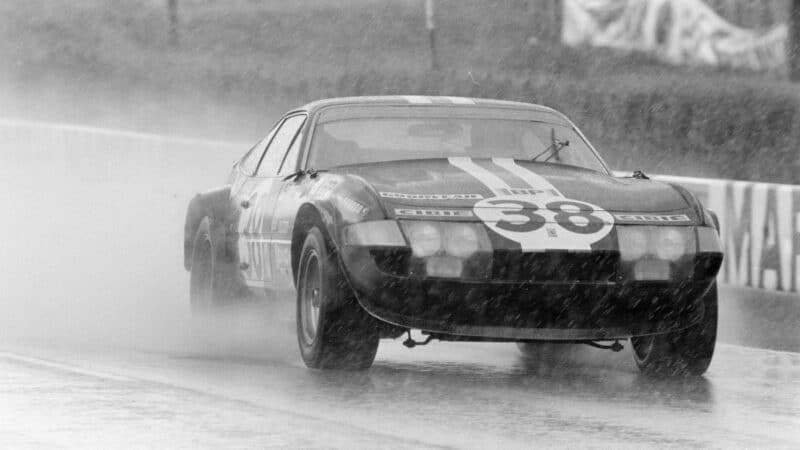
Frenchman cited Le Mans ’72 as a turning point in his career
Getty Images
With Arnold’s help, Jarier established himself as a front runner in Formula France in 1968 and French F3 in ’69 and 70. In a race at Clermont-Ferrand, he caught the eye of Herd: “I was just watching the start and the guy’s personality came through the body language of the car-just the aggression and confidence he had. I thought, ‘Bloody hell, the guy’s got something’. I don’t know really how you choose drivers, but there was just something about the way he took that start. You could see the confidence and control. Wonderful.” Works F3 assistance followed, as did some F2 races with March in ’71, the year in which Jarier made his F1 debut, too (see sidebar).
“The big change, the thing that took me from amateur racing to professional, was Le Mans in ’72,” says Jarier.
With the Arnold team short of funds, Rene Bonnet spoke on JPJ’s behalf to Luigi Chinetti and got him a run in a NART Ferrari Daytona at the Sarthe. “I was quickest of the team, and from there I drove for Chinetti in America, and won races with Sam Posey.” Upon his return to France, there was a works F3 March waiting for him, this a prelude to that stunning 1973 F2 season.
